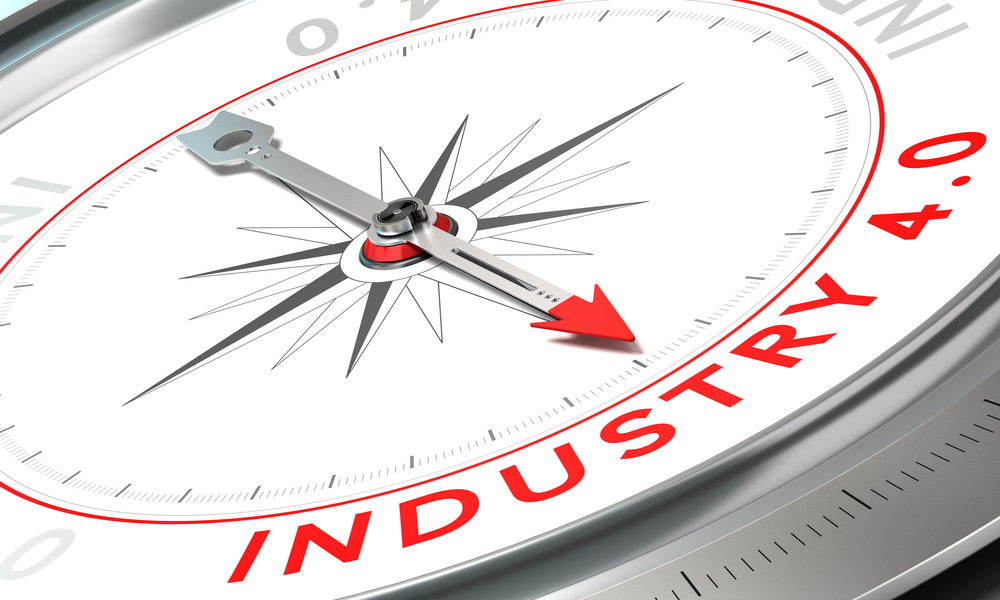The world of blockchain technology and cryptocurrency allows for some interesting innovations. Two of these innovations come in the form of decentralized organizations, and decentralized autonomous organizations. As both names suggest, these structures are completely decentralized. However, there are some big differences between these two ideas, especially when it comes to governance.
2. Decentralized Organization
To many people in the world of blockchain and cryptocurrency, every organization should be decentralized. That is a lot easier said than done though, as not every company or enterprise is comfortable with this idea. A decentralized organization has no centralized leadership, which means there is no CEO or manager running the show on a daily basis. In the current business world, such a concept is virtually unthinkable.
Do not be mistaken in thinking a decentralized organization has no governance, though. Such a business structure relies on formal democratic voting processes and an increasing level of self-organization. Some employees will feel safer with one leader above them, instead of being directly involved in the decision-making and voting process. That is understandable, even though traditional business structures allow for very little self-organization whatsoever.
It will take some time until more businesses adopt the decentralized organization structure. It is certainly possible particular enterprises may never see the benefit of this solution. Larger companies without one central authority could dissolve into chaos rather quickly. Then again, one should never underestimate the value of input provided by all employees, rather than just those of the upper management. A democratic voting process could elevate businesses to the next level, reduce costs, and improve turnover.
1. Decentralized Autonomous Organization
For the people who see the benefit of a decentralized organization, but are wary of the voting process and self-organization should look into decentralized autonomous organizations. More specifically, this business model “automates” the governance to a certain degree. It frees up more time to actually spend on getting work done, although it also requires a much larger leap of faith by all parties involved.
More specifically, a decentralized autonomous organization has a governance model not overseen by a committee. Nor is there a discussion process involved. All of the rules are encoded in the form of smart contracts, which will automatically execute once specific thresholds are met. Financial transactions related to a decentralized autonomous organization are maintained on a blockchain, which provides a transparent record that can’t be altered.
One major hurdle preventing the use of a decentralized autonomous organization structure is how the legal status of such a business type remains very unclear right now. Moreover, the first major decentralized autonomous organization to be created eventually failed due to a lot of its money being drained by a hacker. This was made possible thanks to a flaw discovered in the smart contract code. It will take a few more years before DAOs can become even relevant to the mainstream, that much is certain.
If you liked this article, follow us on Twitter @themerklenews and make sure to subscribe to our newsletter to receive the latest bitcoin, cryptocurrency, and technology news.

